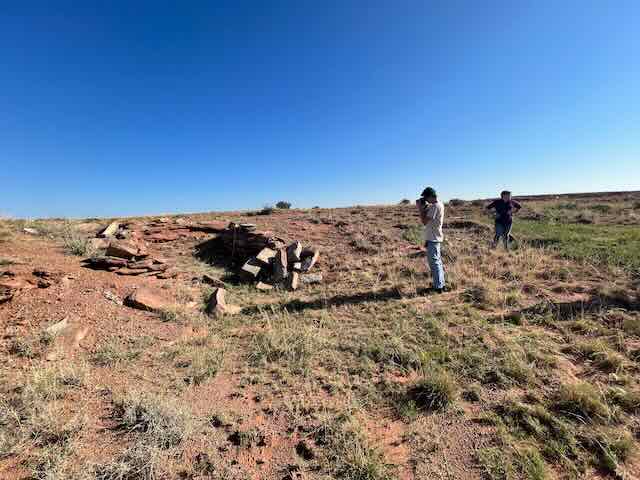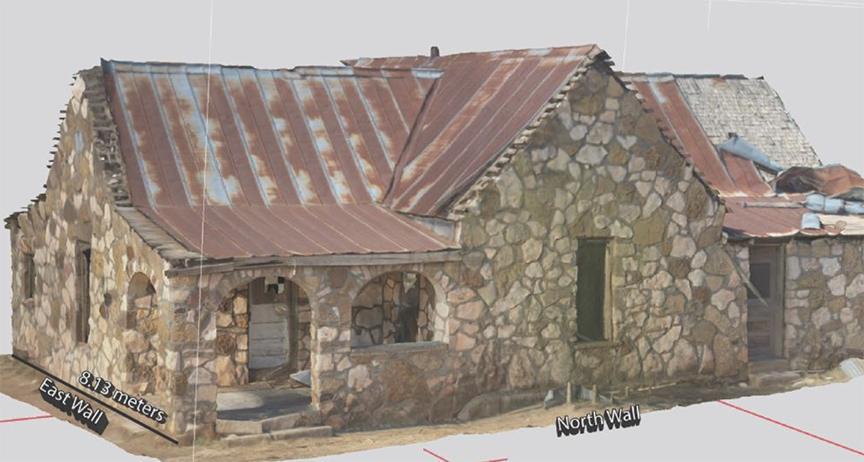Geoheritage
Geoheritage is an emerging field that examines the cultural, scientific, educational, and aesthetic significance of geodiversity. Geodiversity is defined as the natural range of geological (rocks, minerals, fossils), geomorphological (landforms, processes), hydrological, and soil features. It represents the "abiotic equivalent of biodiversity" and is commonly regarded as the abiotic foundation of ecosystems. The field of geoheritage research has grown and now examines how geodiversity structures people's lives in the past, today, and into the future.
Published Research
Glenn G. Fernández-Céspedes, former HMS graduate student, published a paper based on his Masters thesis research examining the geoheritage significance of dugouts across northwest Texas. Paper Link

Dr. Stance Hurst recently published a paper that explored the geodiversity of building stones used in constructing a rock wall house near Post, Texas. Paper Link

Heritage and Museum Sciences
-
Address
3301 4th Street, Lubbock, TX 79415 -
Phone
806-742-0627 -
Email
heritage.museum.sciences@ttu.edu
